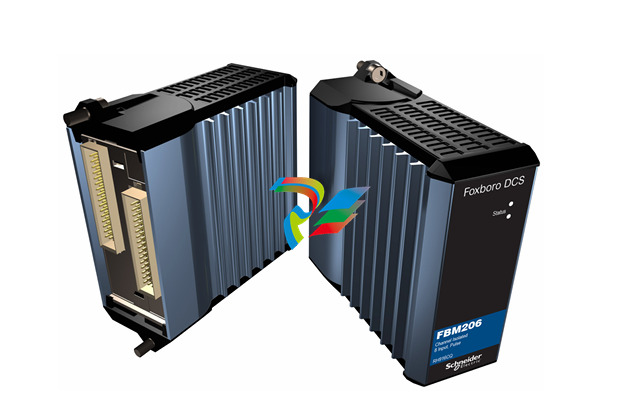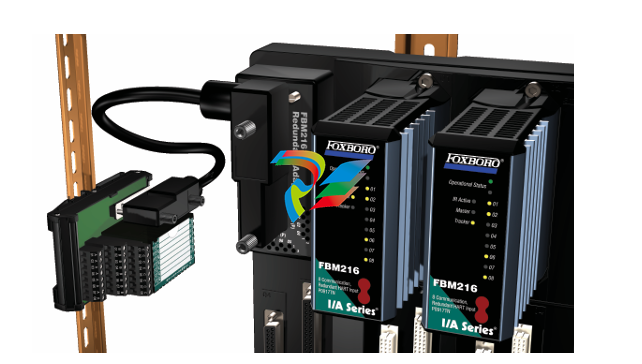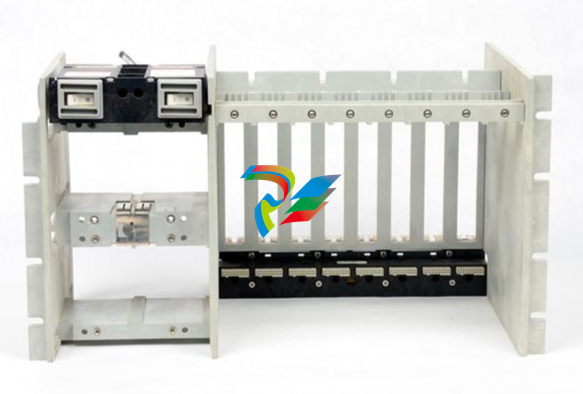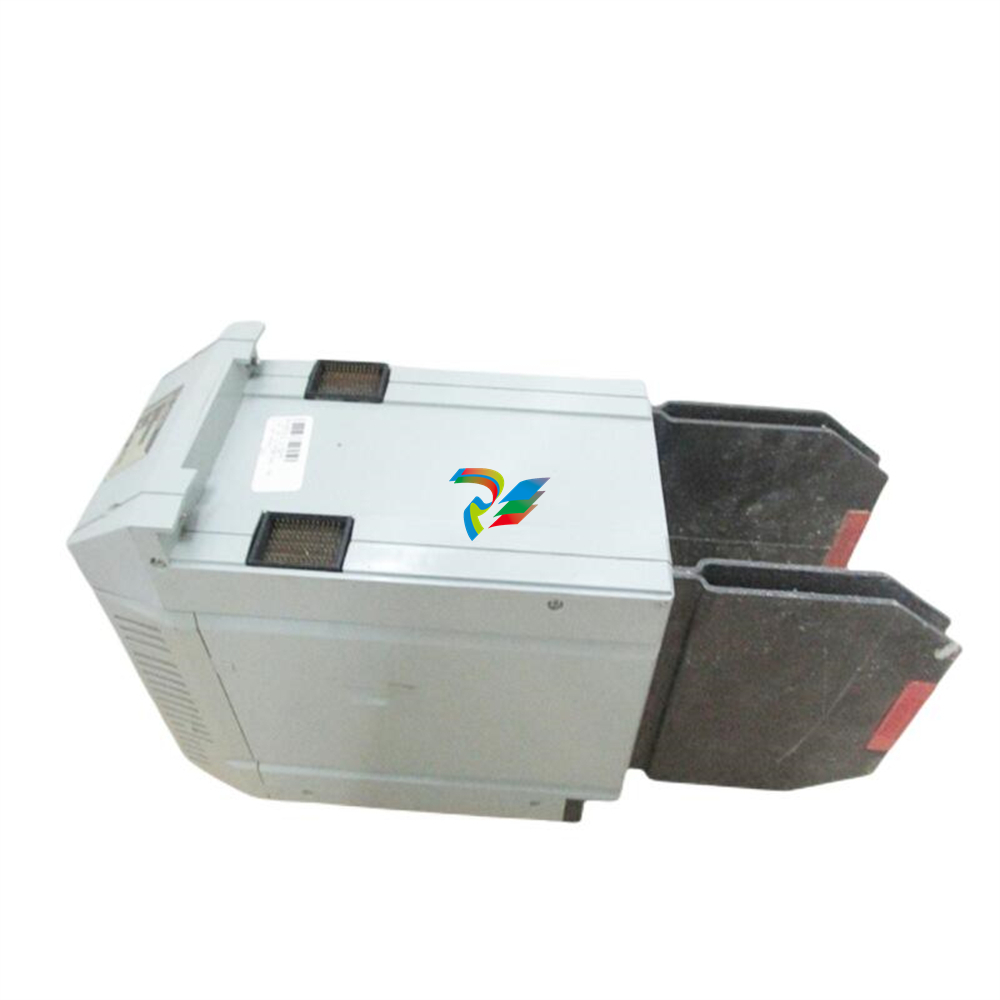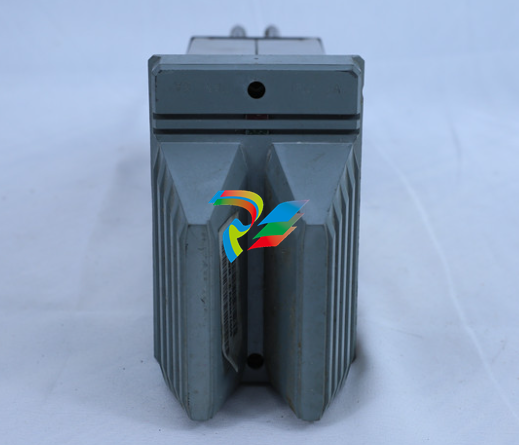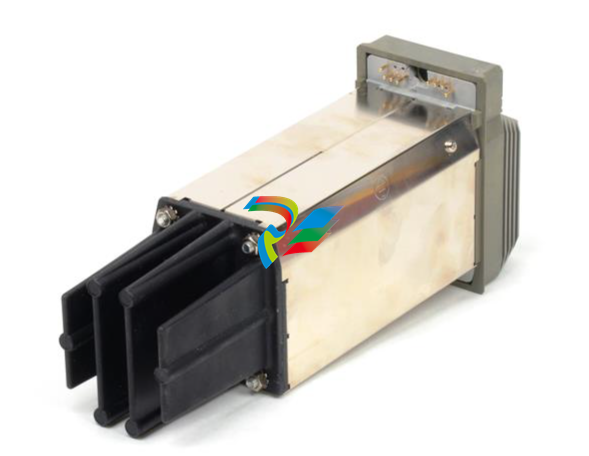
DirectIndustry Transitions from an Online Exhibition to a B2B Marketplace
According to some experts, the global online B2B market represents US$12.2 trillion GMV. What puts VirtualExpo ahead of its competitors?
Vincent Gerard: Our background of 20 years in B2B gives us a head start. With all six of our websites combined, we have more than 100 million professional visitors per year. This makes more than 1 million requests for quotes or documentation possible. We already have a considerable audience of potential buyers.
It’s the same situation in terms of products and content. We are already a database of world references for professional products with more than 1.2 million products visible worldwide. We already work with more than 35,000 manufacturers and 1 million distributors worldwide.
The volume of business that transits on our platforms is 500 million euros per year. Currently, 12% turns into sales. We are only at the beginning, and we hope to multiply these figures by 5 in the next 3 years.
Alibaba has really established itself quite clearly as a B2B marketplace. How do you position yourself in relation to Alibaba?
Vincent Gerard: Alibaba’s model is basically the same as ours. They do online networking and online transactions. However, Alibaba connects small and medium-sized Chinese companies and helps them to export worldwide. We have a broader mission. We help companies that make B2B products sell worldwide. It’s multidirectional and not only from China to the rest of the world. So it’s really an asset. We have the ambition to reflect the global market and to position ourselves as one of the leading international marketplaces. And we already have this multilingual power that few competitors have.
What about Amazon?
Vincent Gerard: Amazon’s products are like our 20% off-the-shelf products. Their products are standardized and very much oriented towards office automation, globally. Of course, they are an incredible power in the realm of B2B.
Should the company fear them?
Vincent Gerard: I don’t think we’ll be competing with them much in the future. Only 5% of the products we exhibit on our sites are similar to those of Amazon. They prioritize product availability and fast delivery, which are their strengths today. We prioritize the quality of our suppliers. I think that we are in two slightly different businesses, and for the products for which we are in competition, each of us will have to play to our own strengths.
Do you envisage a delivery capacity one day?
Vincent Gerard: No, because the typology of our products is too vast. We, for example, have quotations of 3 million euros on machines that are 50m long. So this notion of delivery, if we do it one day, will be limited to certain products. We rely on our 40,000 manufacturers and nearly one million online distributors on our websites. It’s a solid base. What we can put in place in the future to get even closer to B2C habits, will be a delivery tracking tool which connects with existing parcel tracking apps.
B2B buyers have increasing expectations, both in terms of choice, customer experience and added services. What will be the range of services offered on your marketplace?
Vincent Gerard: Often, the priority of a professional buyer is not the price of a product but the quality of the supplier. Therefore, our marketplace model assigns a satisfaction score based on the opinion of previous buyers who rate the quality of the transaction with the supplier. We also indicate how long it takes on average for a supplier to respond to requests. These are very important elements in B2B, and they accompany the buyer in his purchasing process. We also added a product comparison tool to help buyers choose the product that best suits their needs.In addition we try to have a majority of products with prices or price lists. Lastly, buyers will soon be able to pay small amounts (up to €2500) online using a credit card or for larger amounts using a wire transfer, and this for a large range of currencies.
How do you plan to attract new buyers?
Vincent Gerard: We already have a high proportion of new visitors every day. On DirectIndustry, 1500 first-time visitors make a request every day. One of the first objectives of the marketplace will not necessarily be to increase this figure, but to encourage people to come back to our sites, not only for product sourcing but for the quality of our service and because we are a trusted third party. Then, the evolution of our traffic will come from buyer satisfaction. If search engines detect that visitor activity is virtuous on our sites and business is being done, there will be a natural increase in our search engine ranking and e-reputation.
The COVID-19 pandemic has accelerated the dematerialization of purchases. To what extent can this be an opportunity for your marketplace?
Vincent Gerard: It’s hard to talk about opportunity in a situation like this. But it is true that since the pandemic, and especially since the cancellation of the physical shows, we have seen a significant increase in our sales and a very sharp rise in our audiences. The crisis has revealed the need for industry to go digital. We have noticed that manufacturers, suppliers and distributors are much more attentive to digitization. Some are already in the process of going digital, whereas before the crisis, some were a bit cautious. So this obviously facilitates our model. Global exchanges have stopped, but they have continued on the web, and this has had a very strong impact on our traffic. MedicalExpo’s traffic, for example, has more than doubled since the crisis. This reinforces our belief that digital B2B transactions will explode in the years to come.
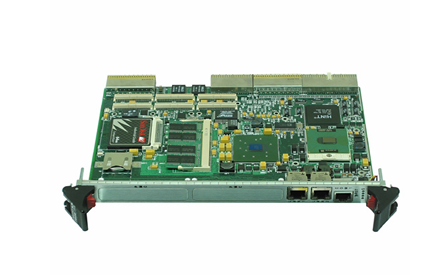
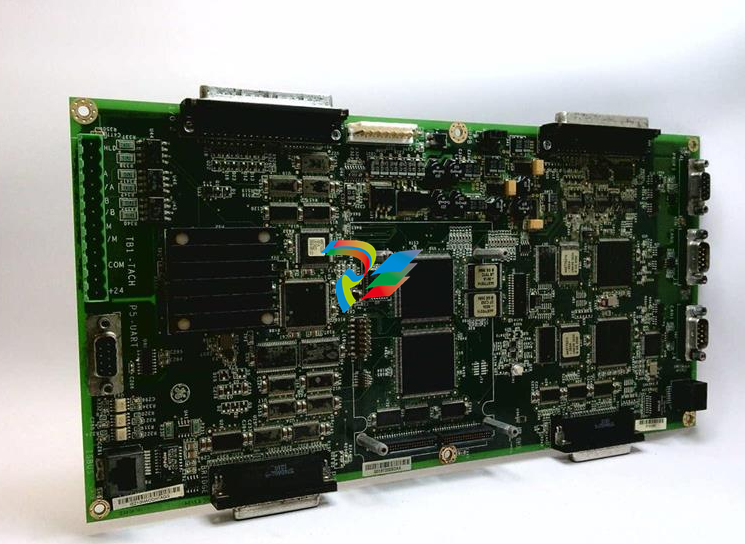
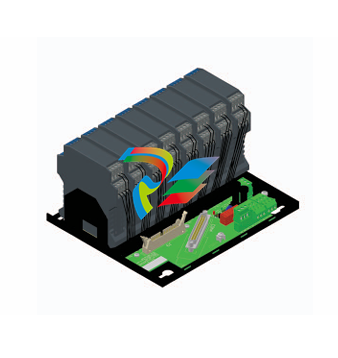
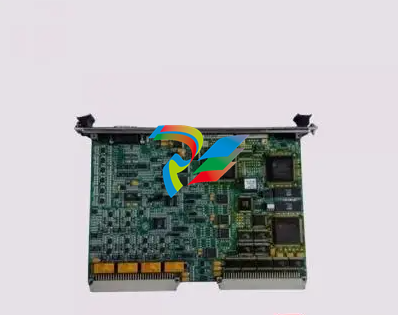
.jpg)
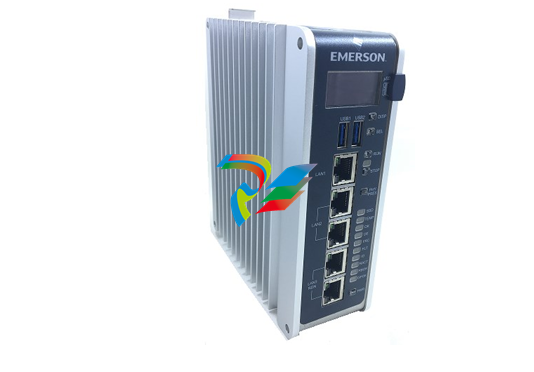
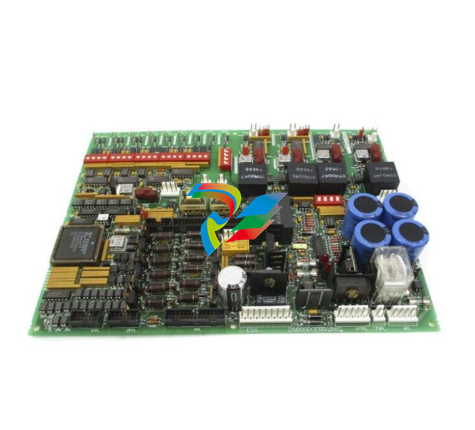
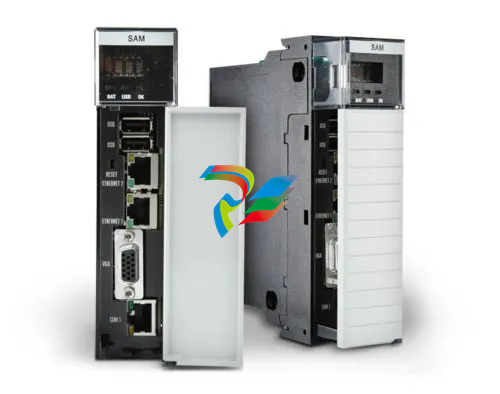
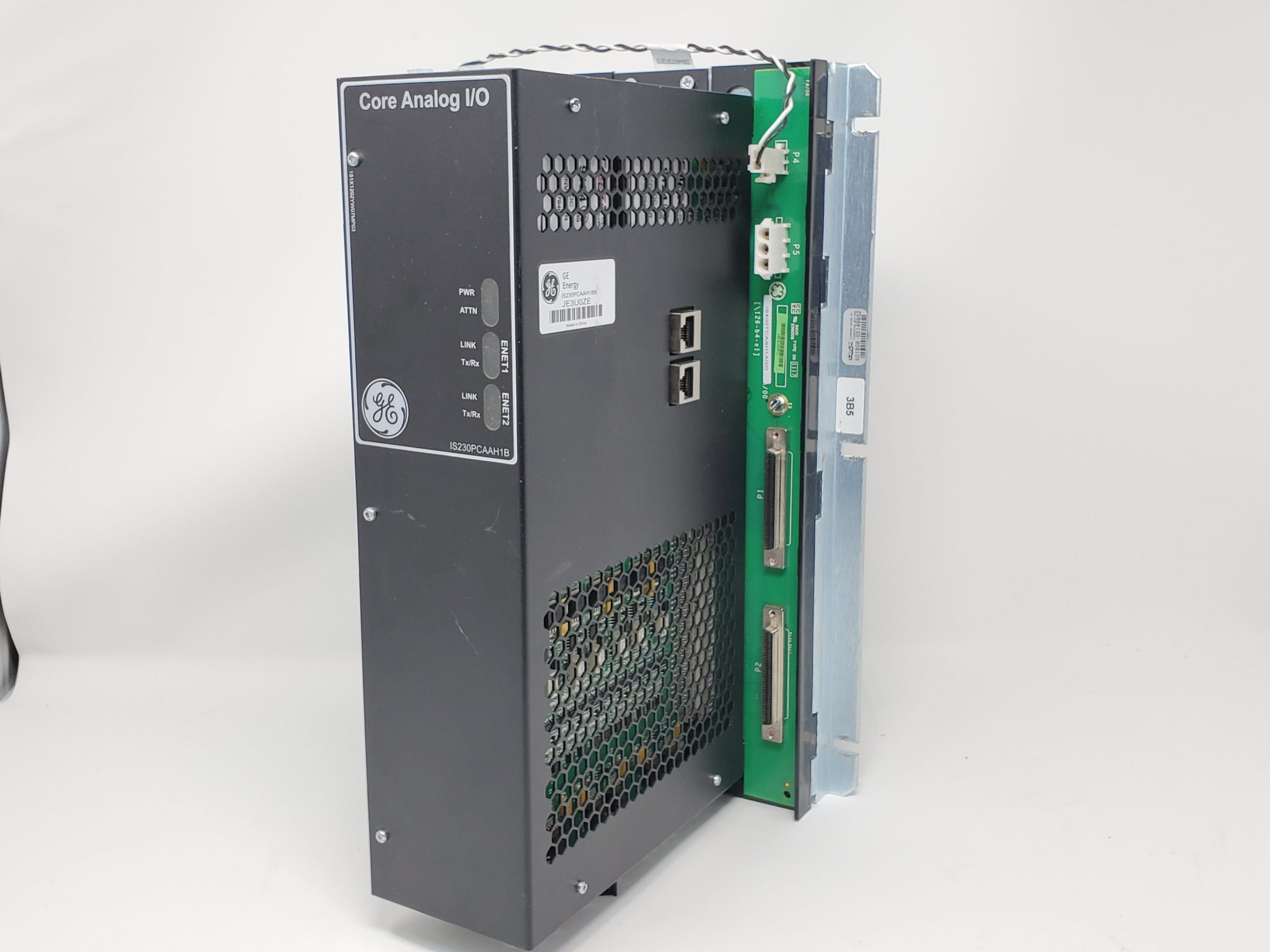

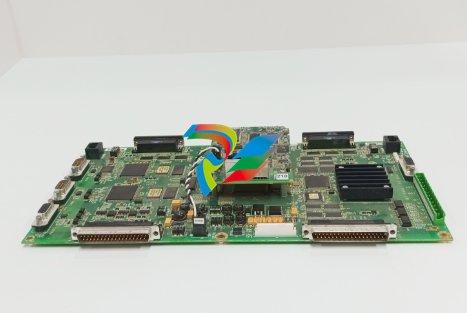
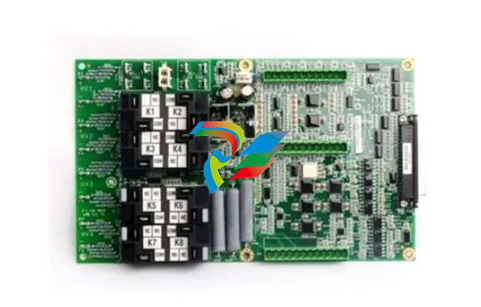
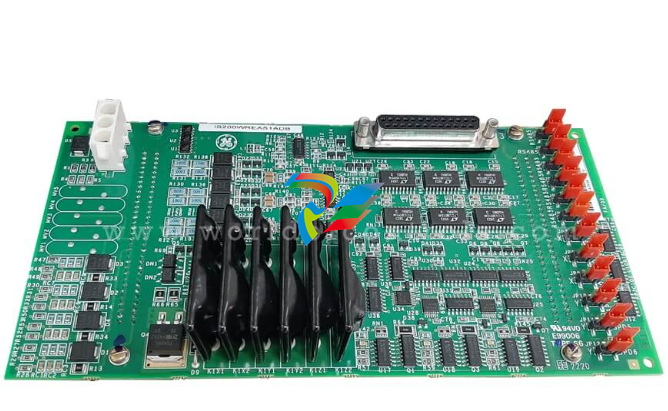
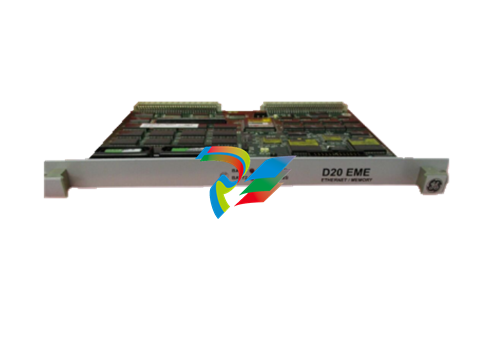
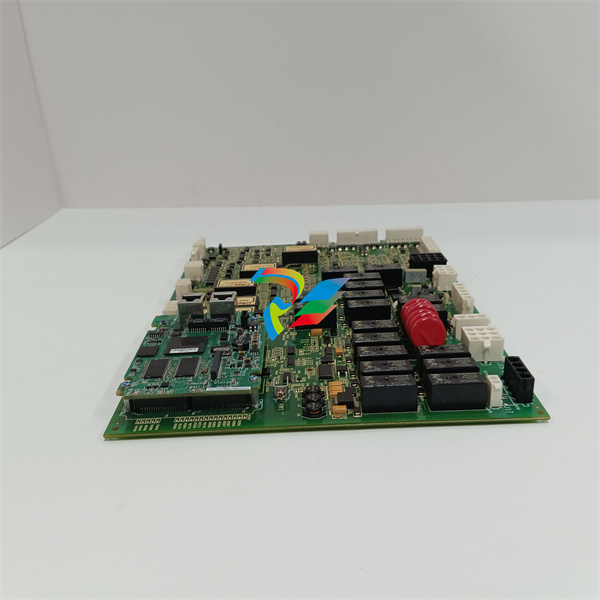
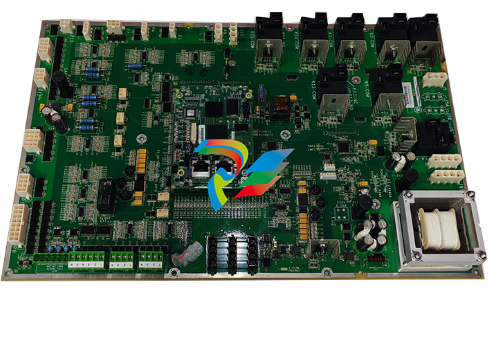
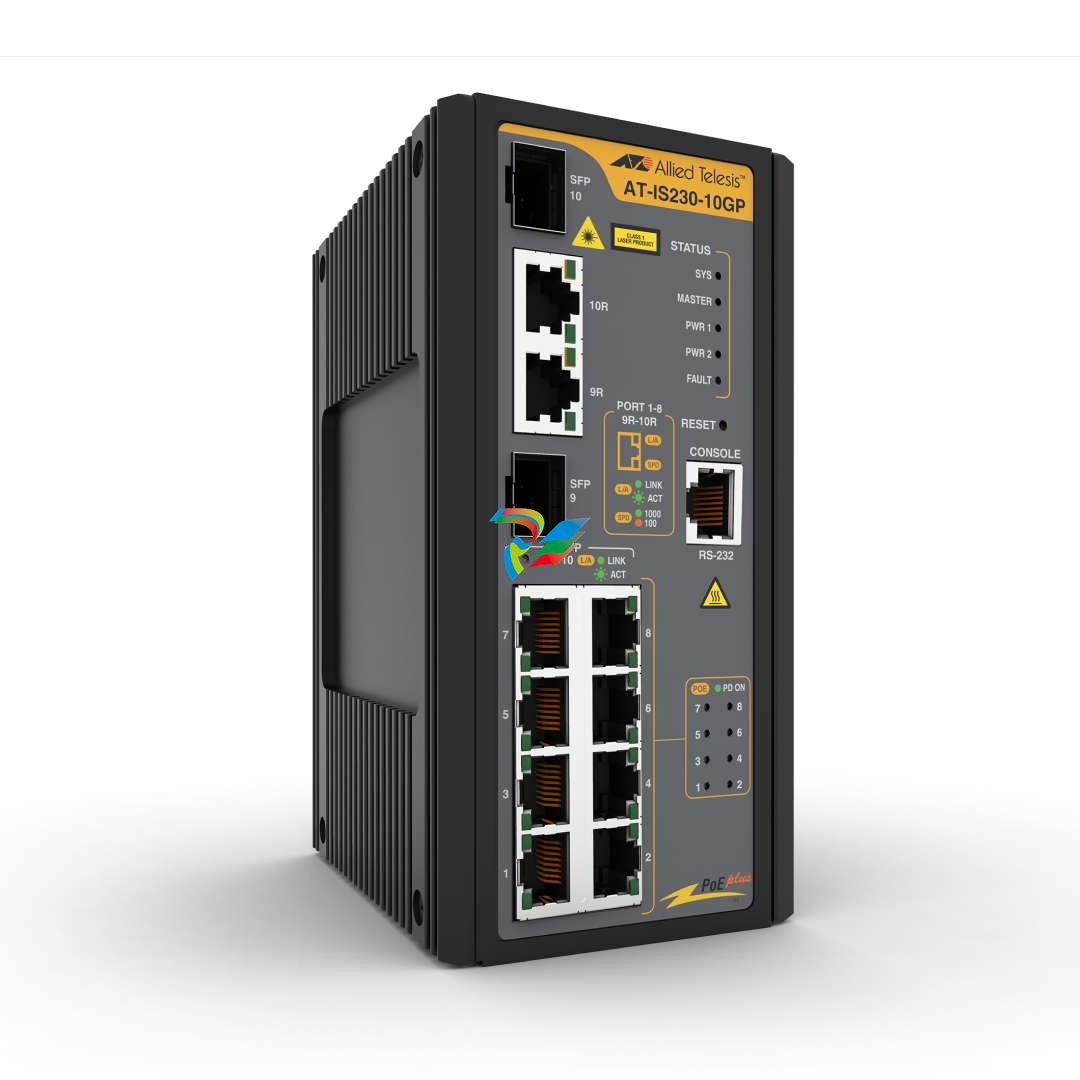
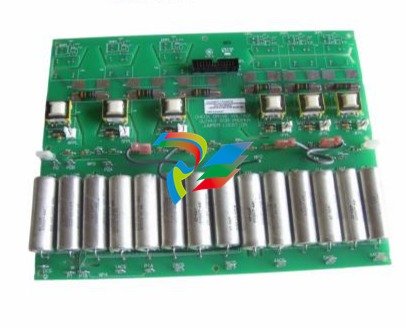
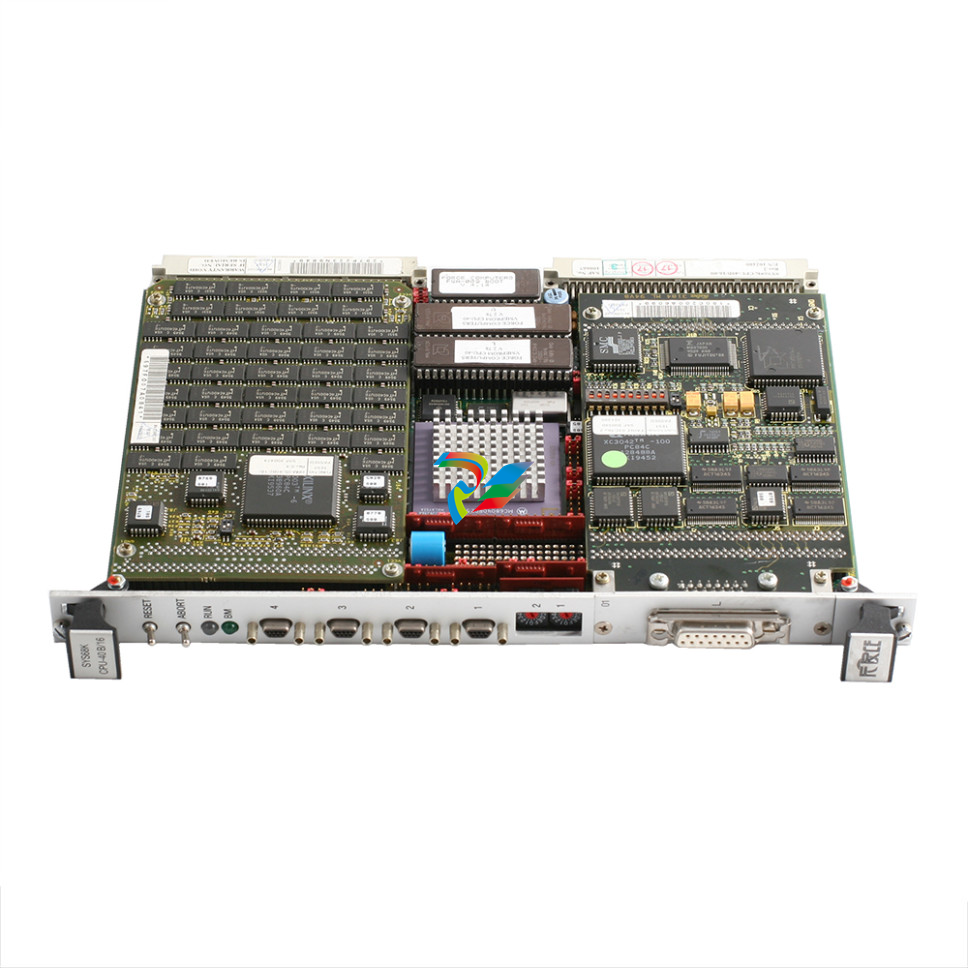
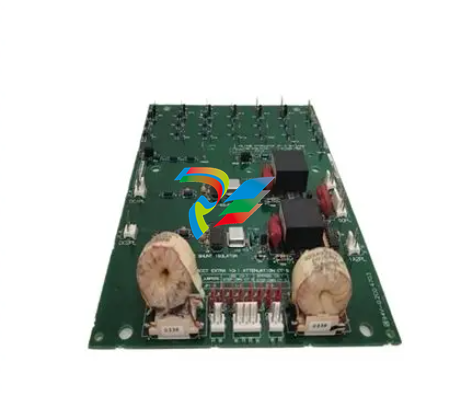
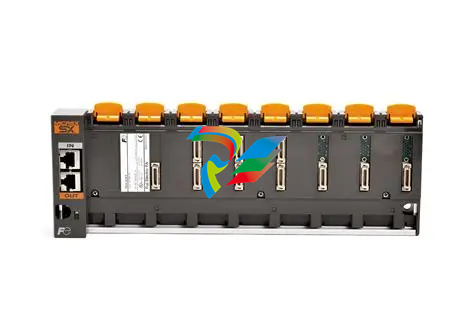
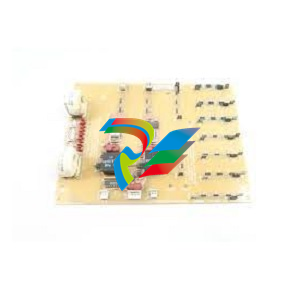
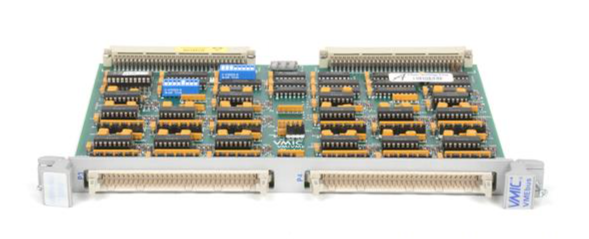
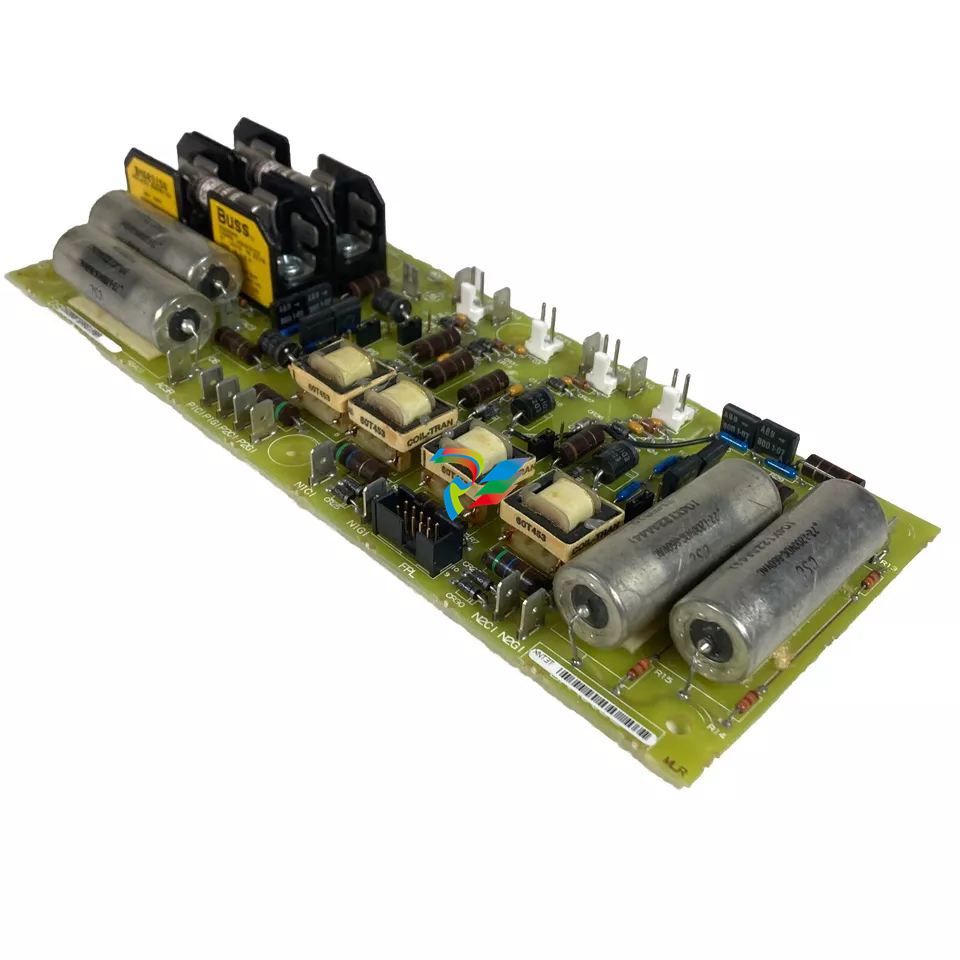
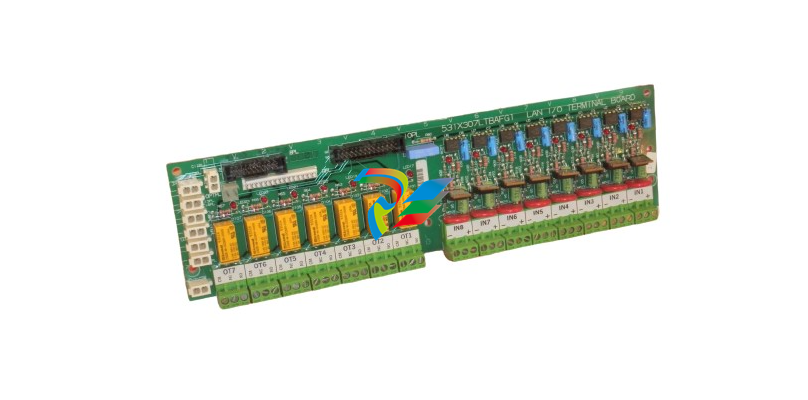


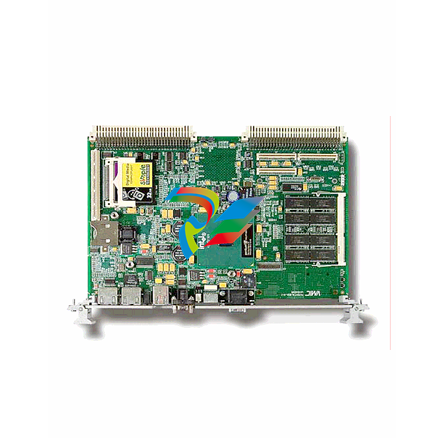
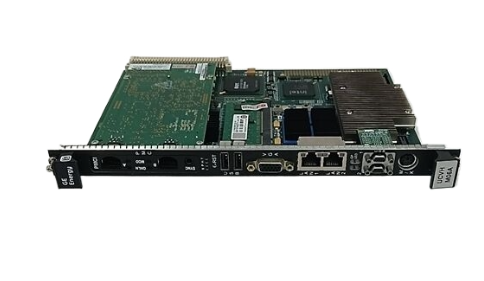
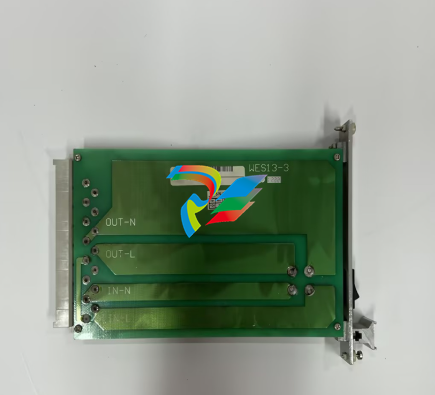
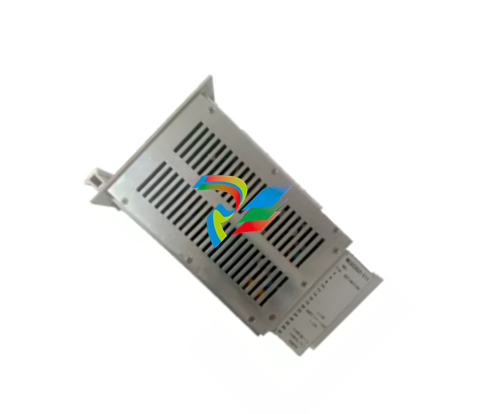
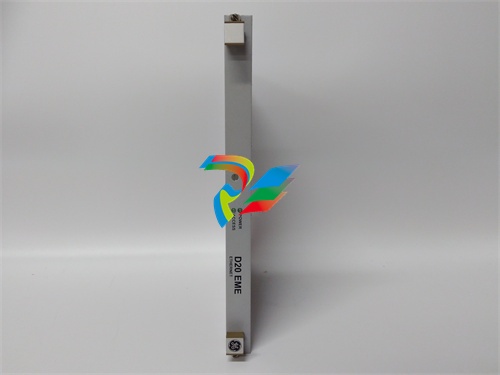
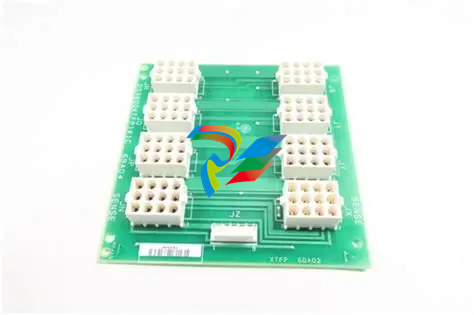
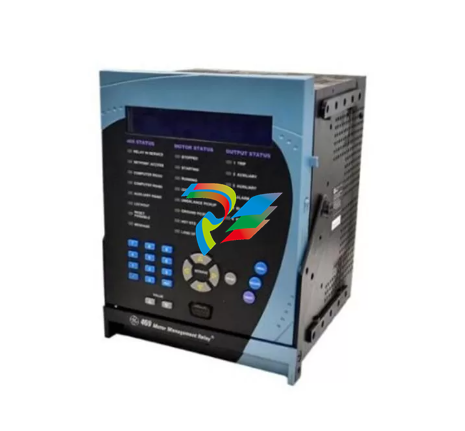
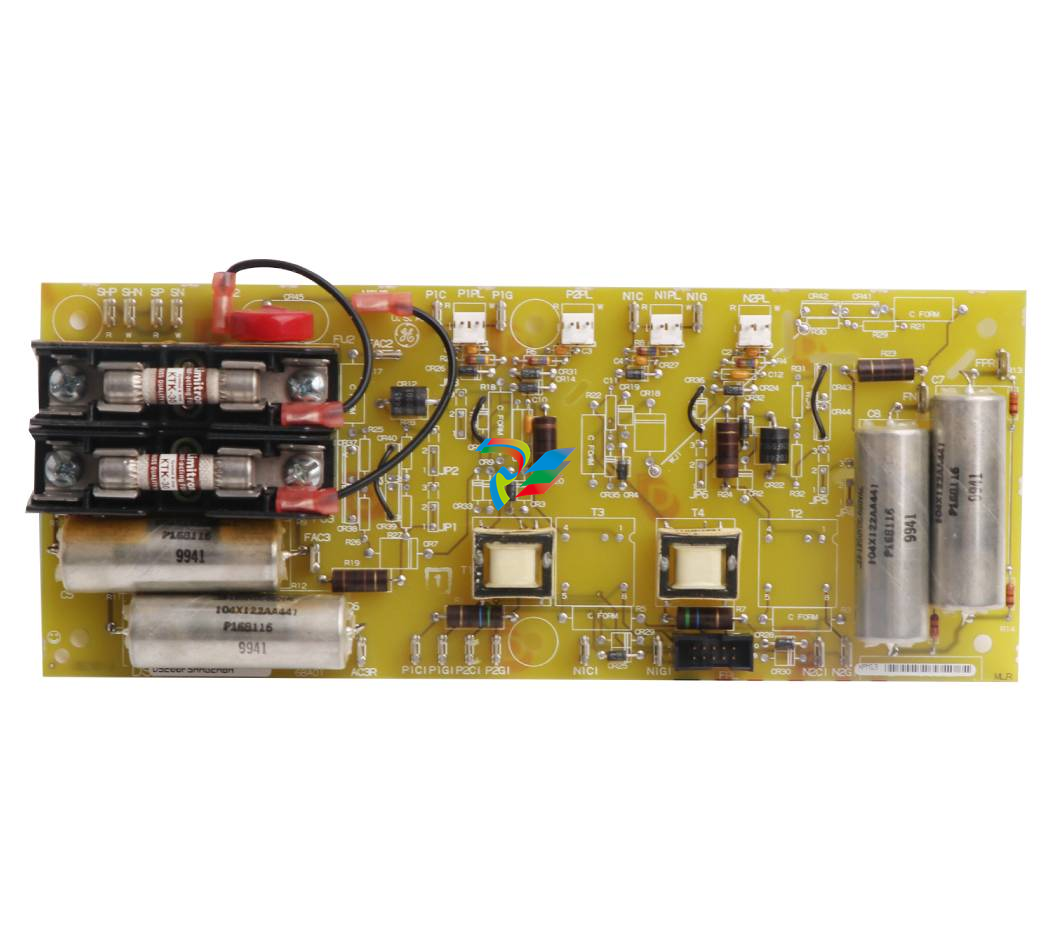
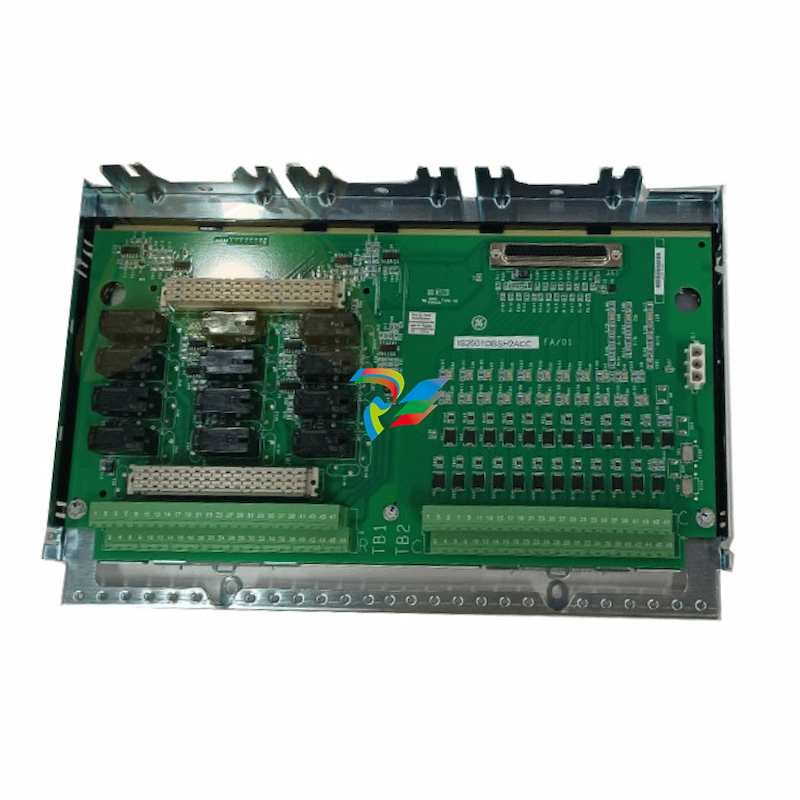
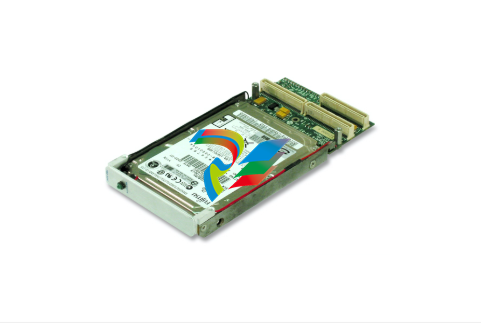
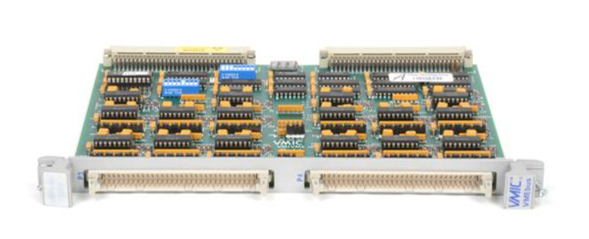
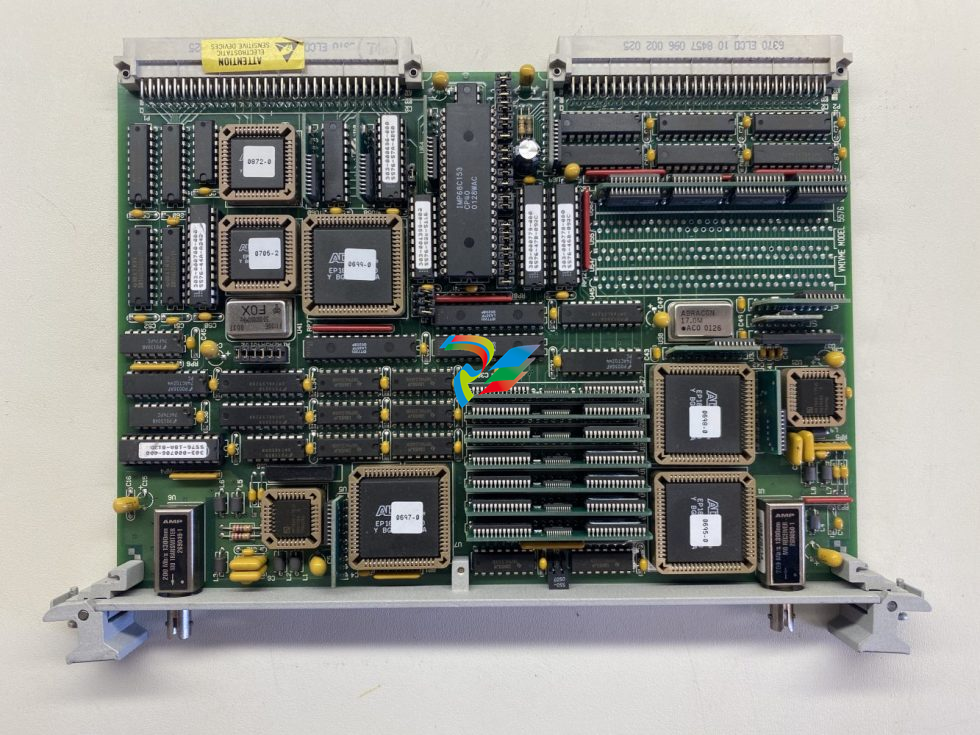
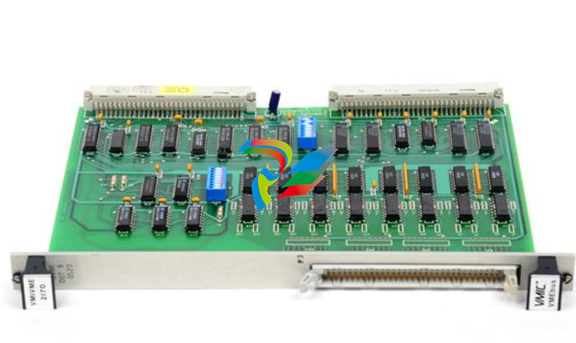
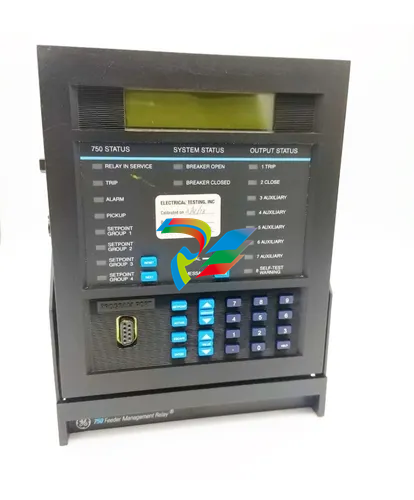
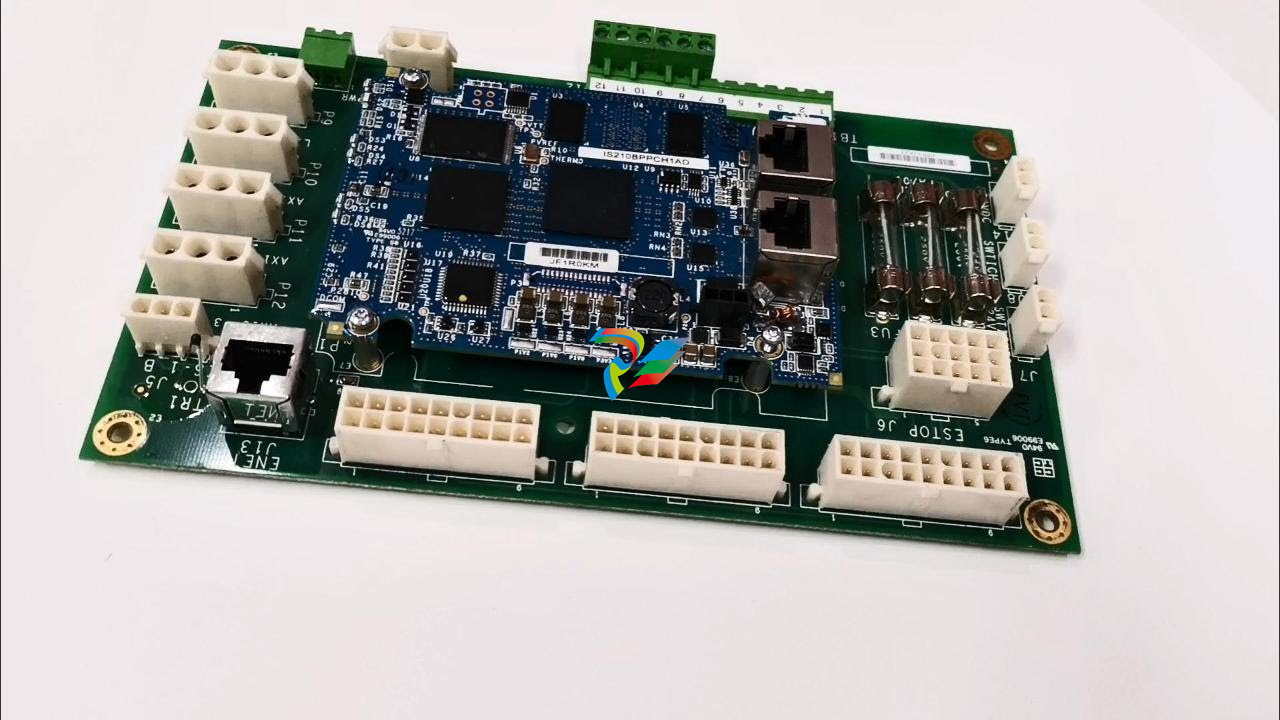
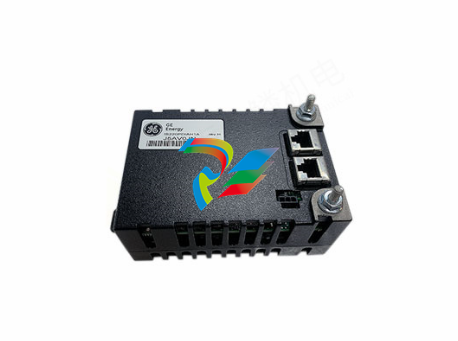
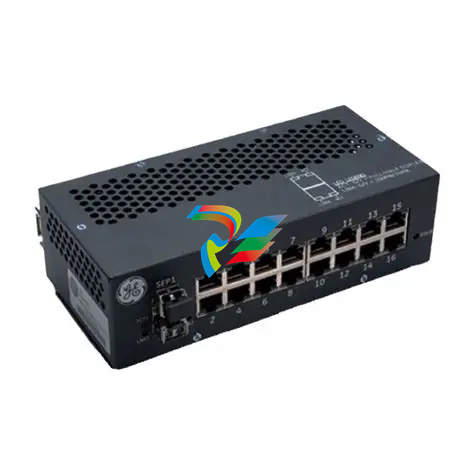
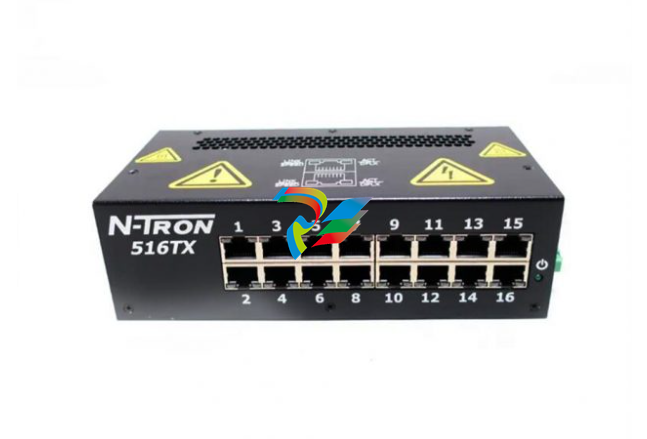
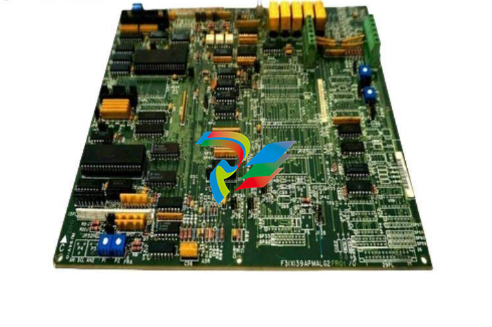
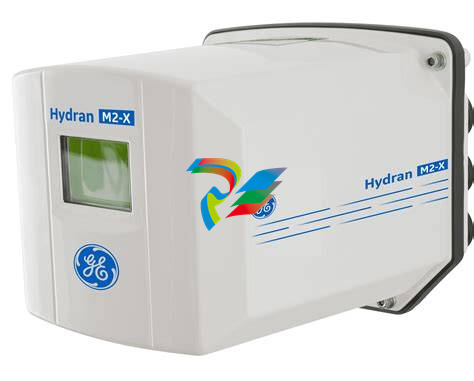
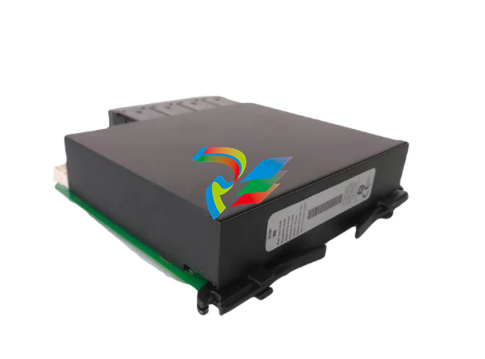
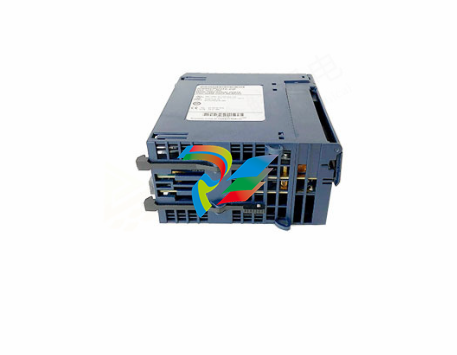
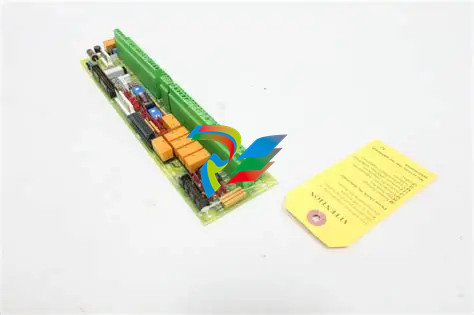
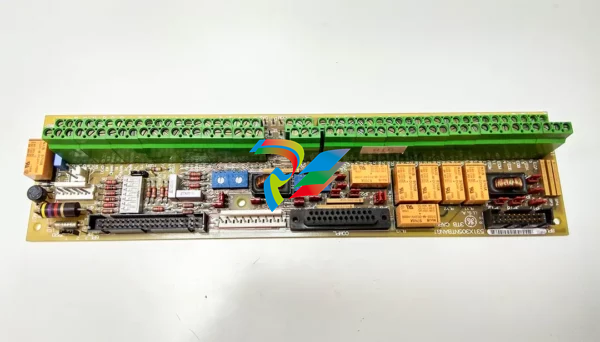
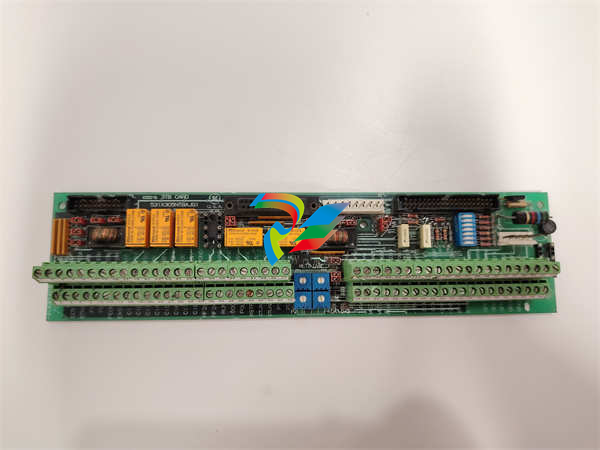
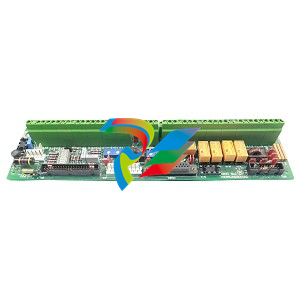

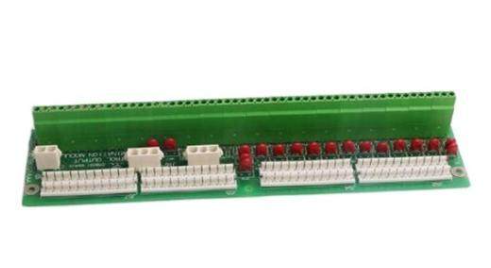
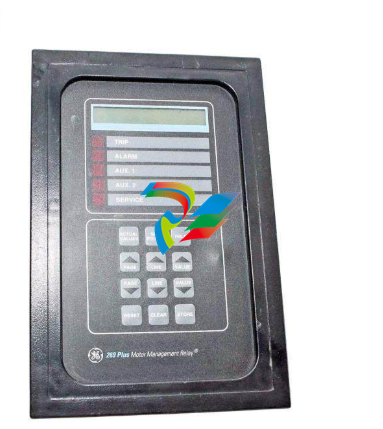
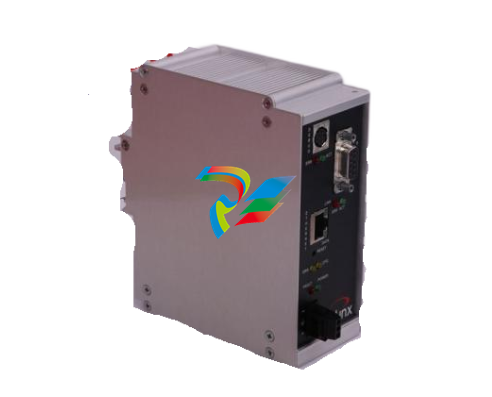
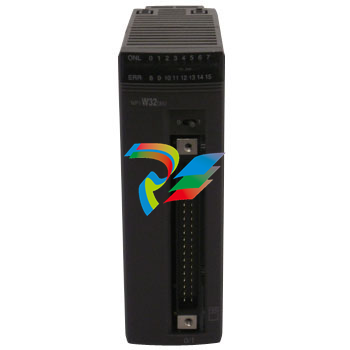
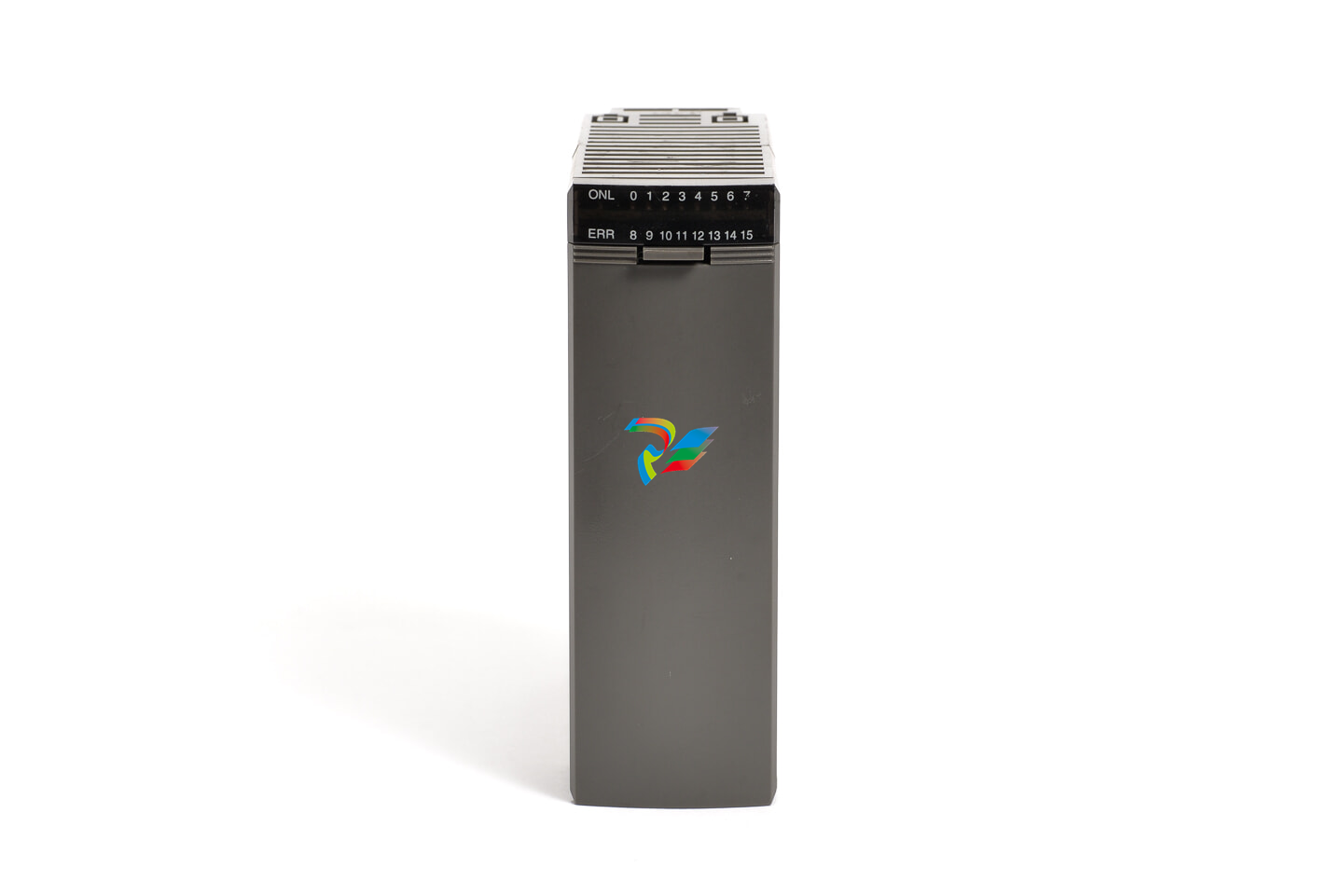
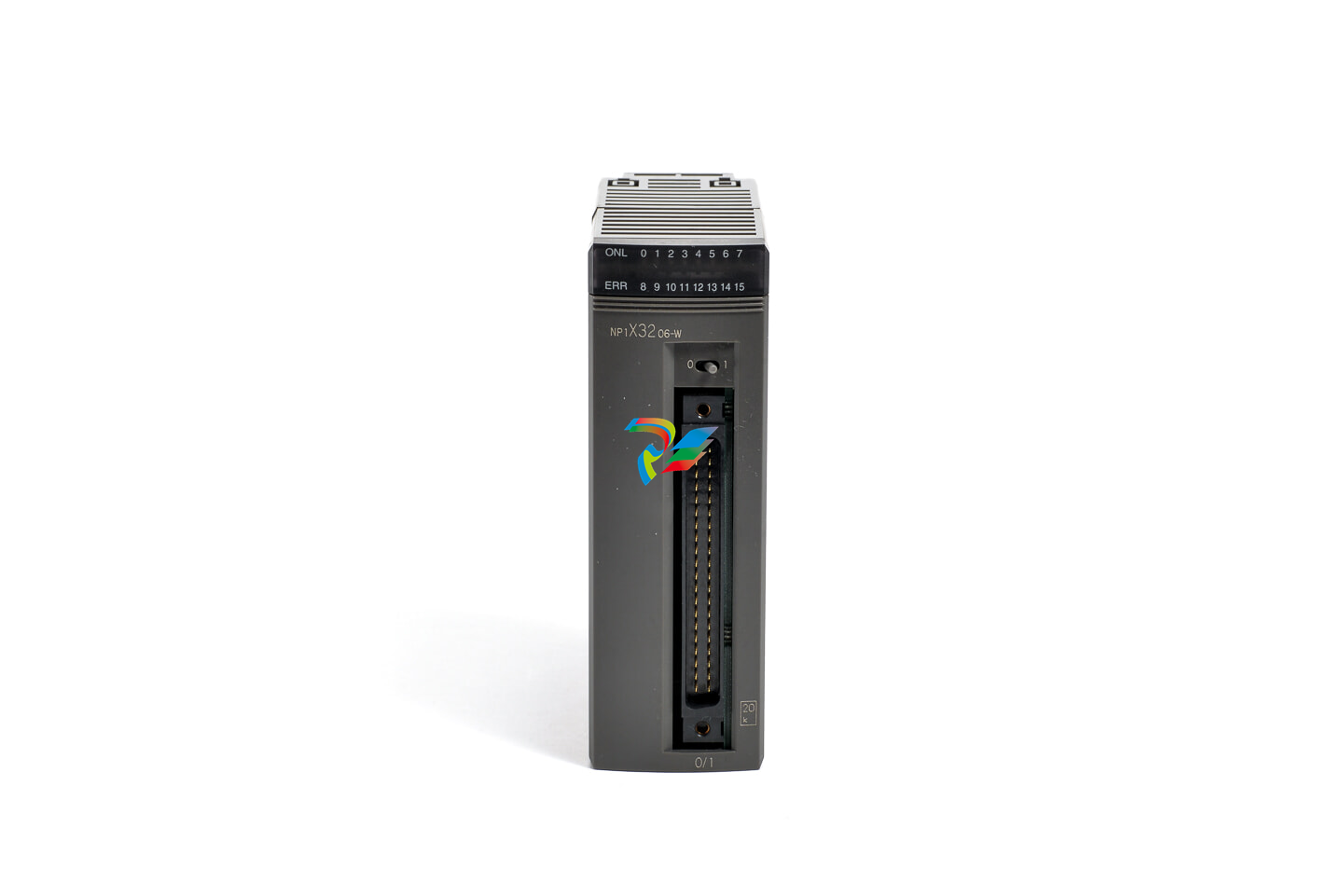
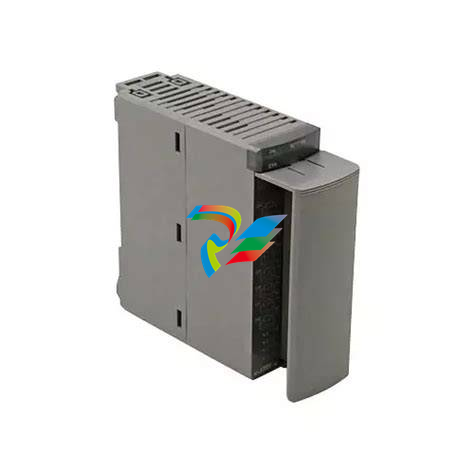
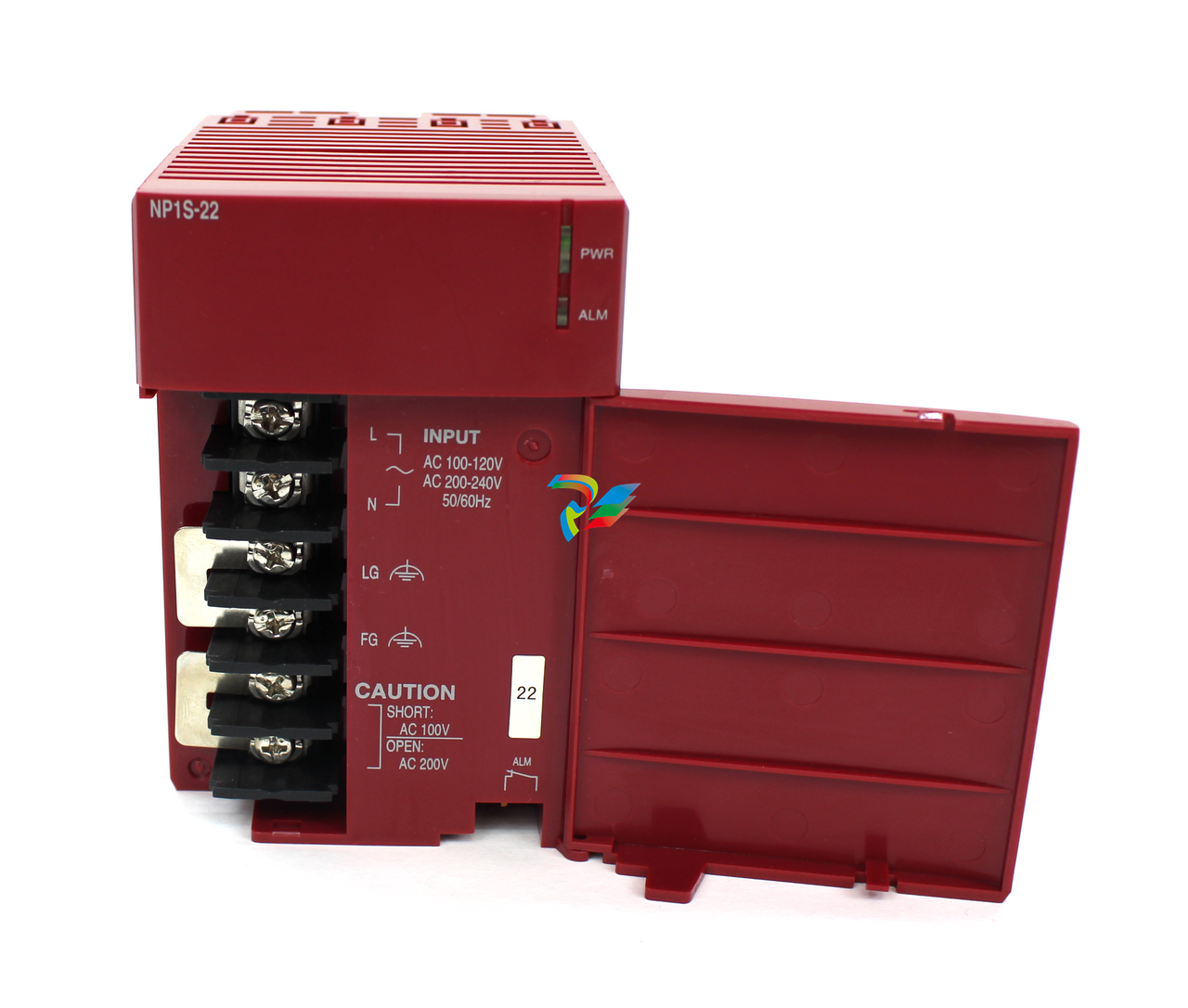
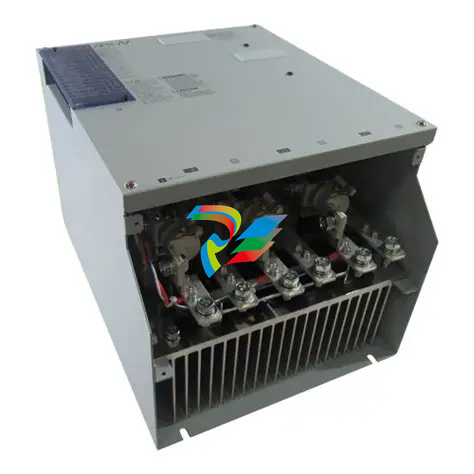
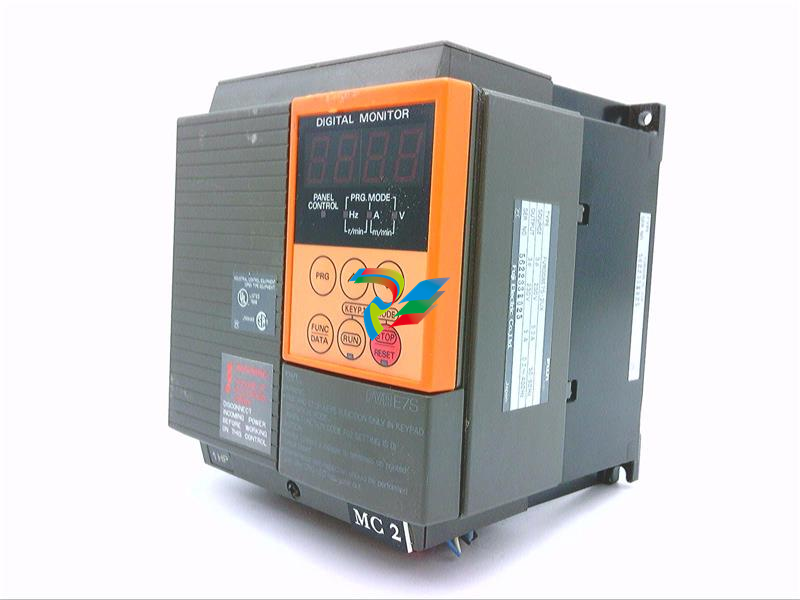

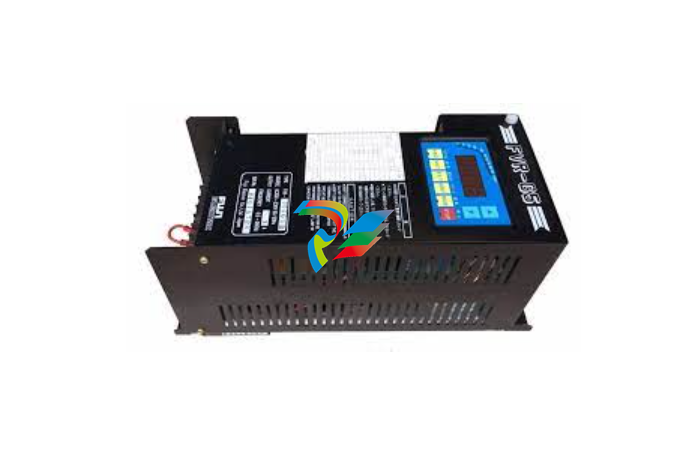
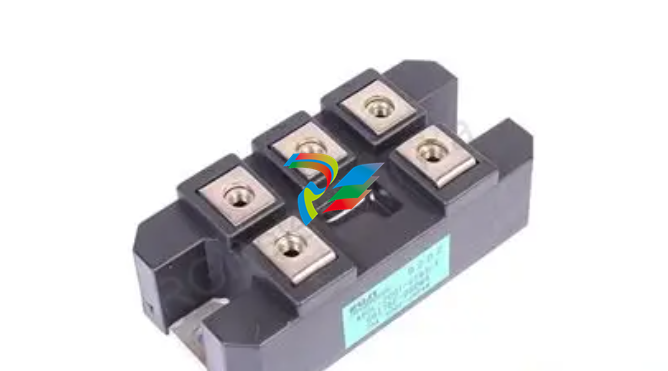
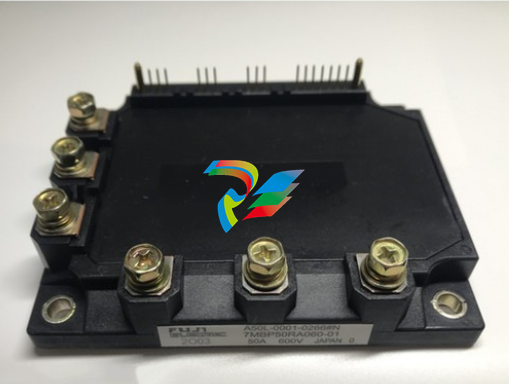
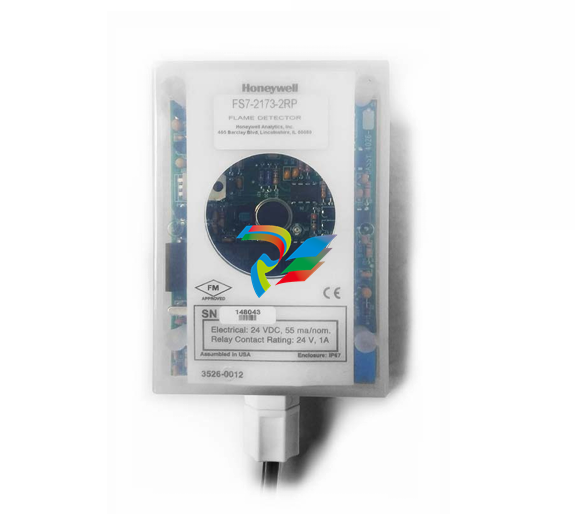
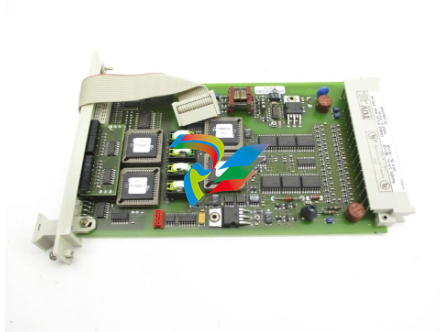
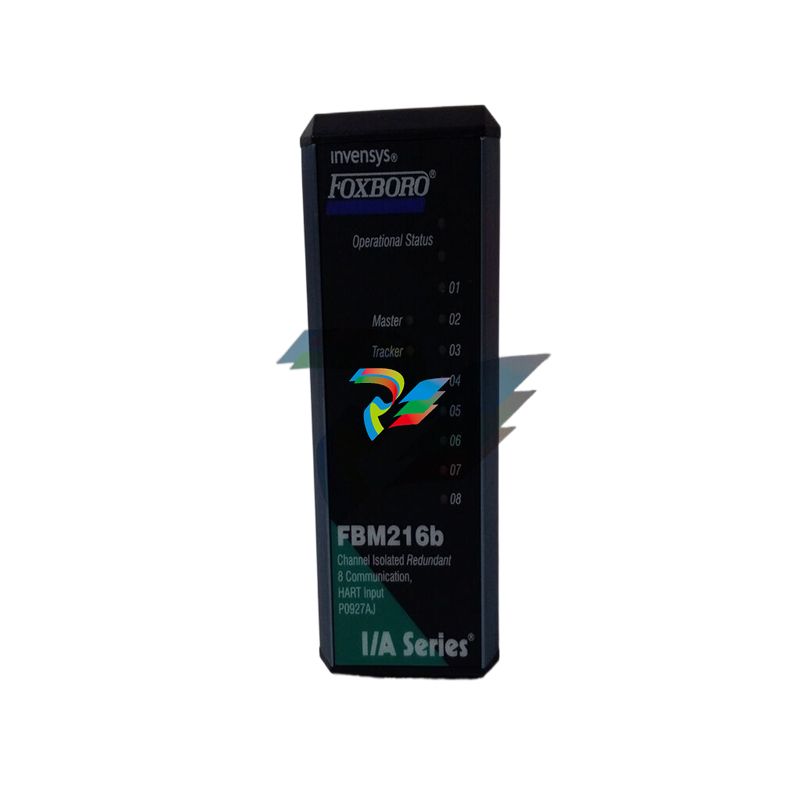
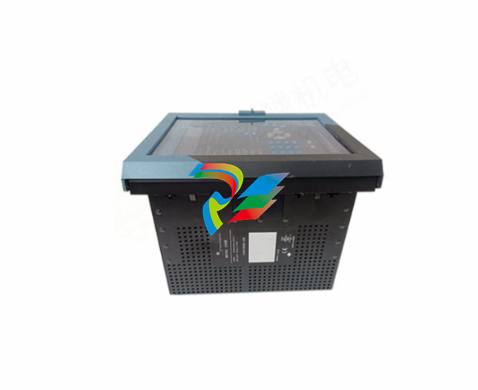
.jpg)
.jpg)

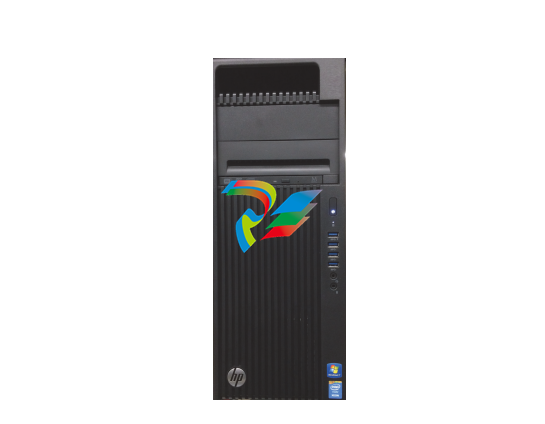
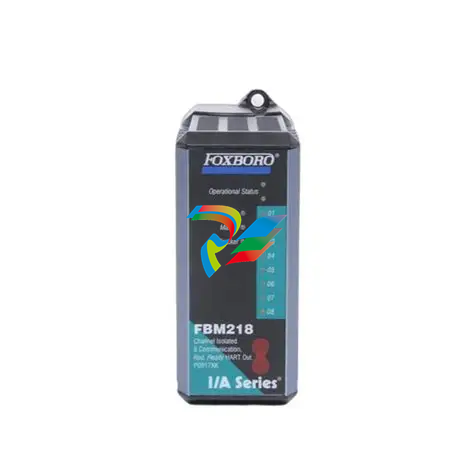
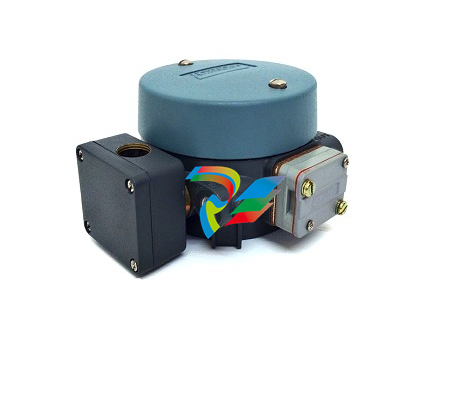
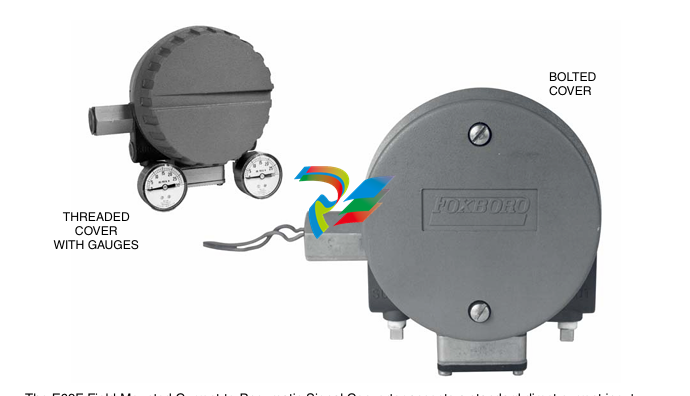
.jpg)
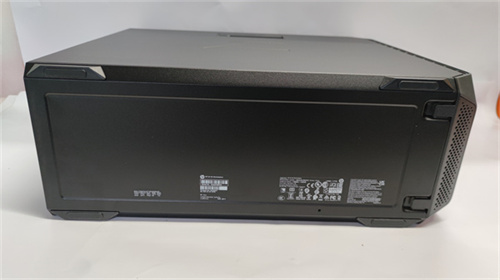
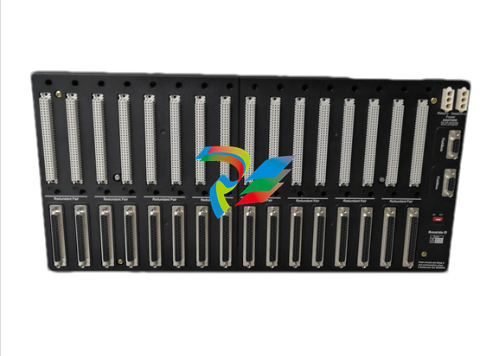
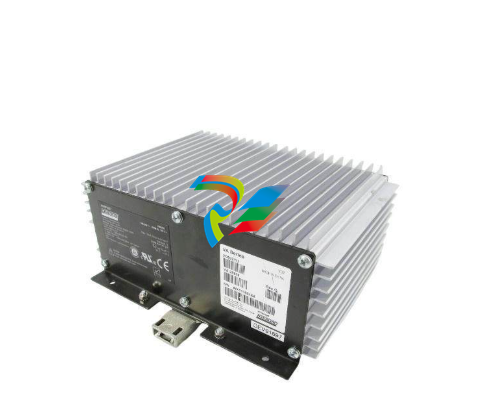
.png)
.jpg)
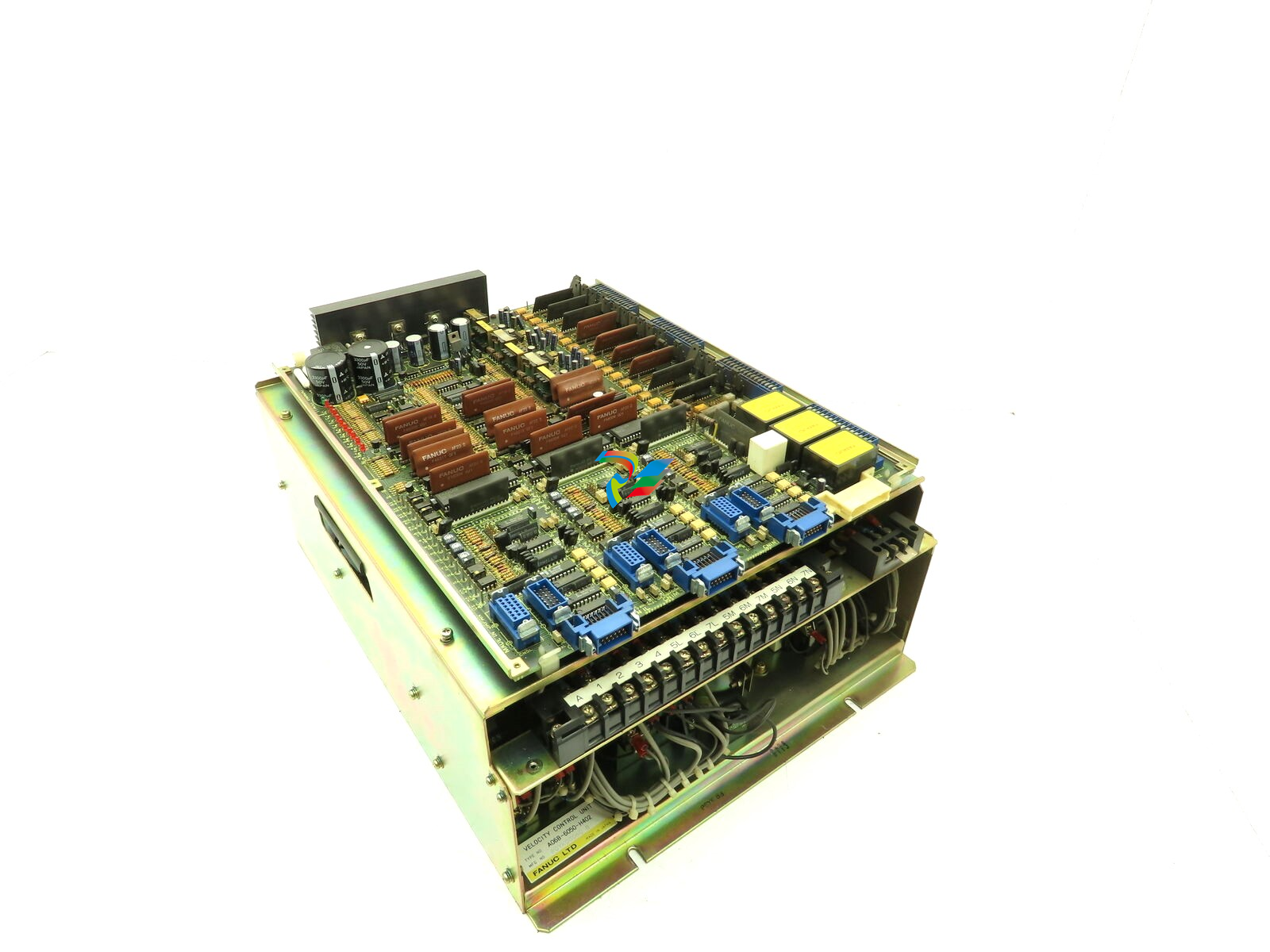
.jpg)
_lVjBYb.jpg)
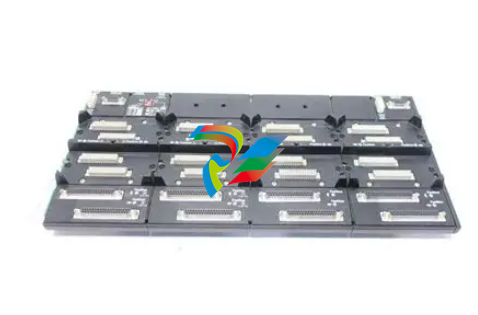
.jpg)
.jpg)
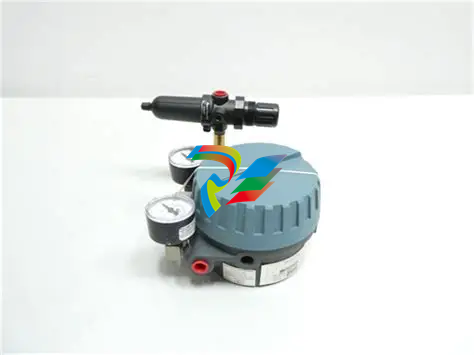
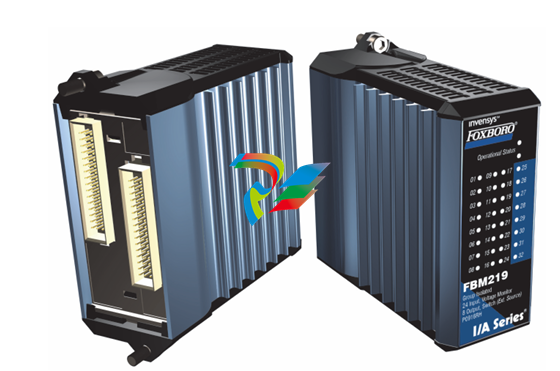
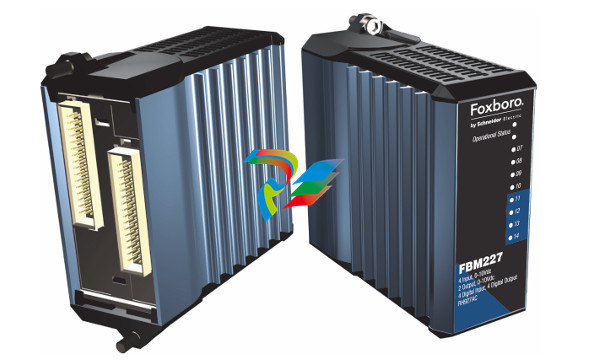
.jpg)
.jpg)
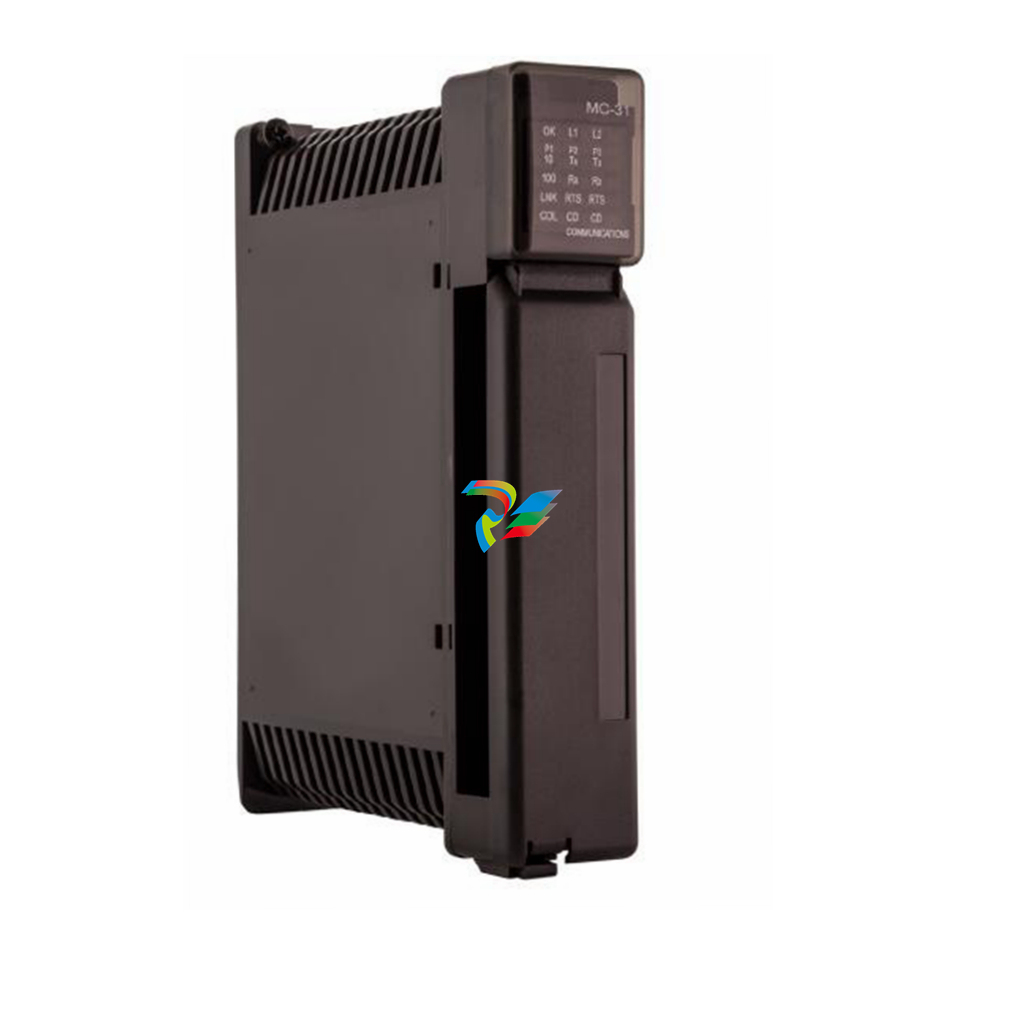
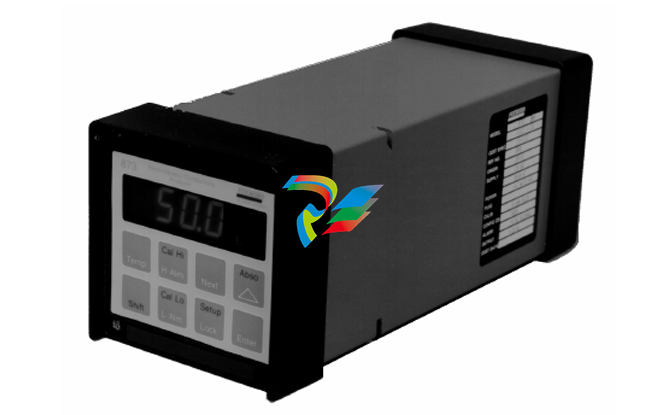
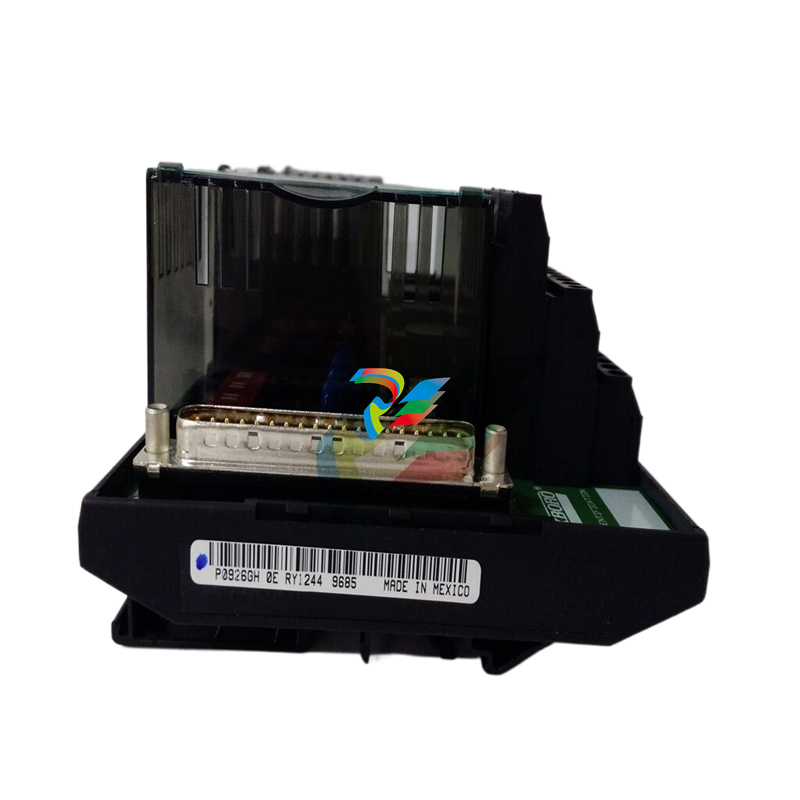
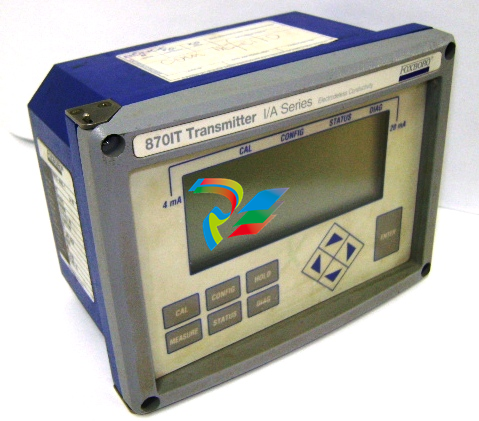
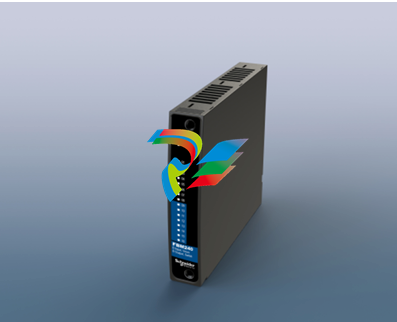
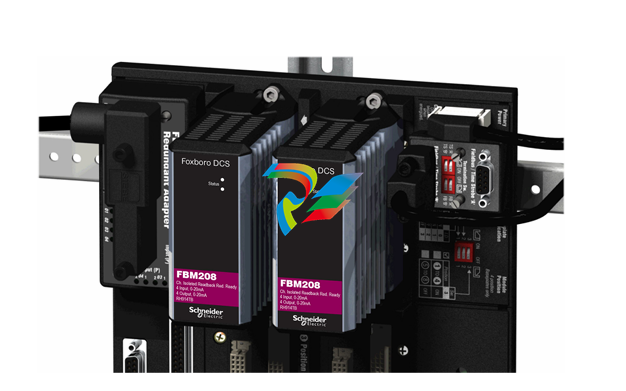
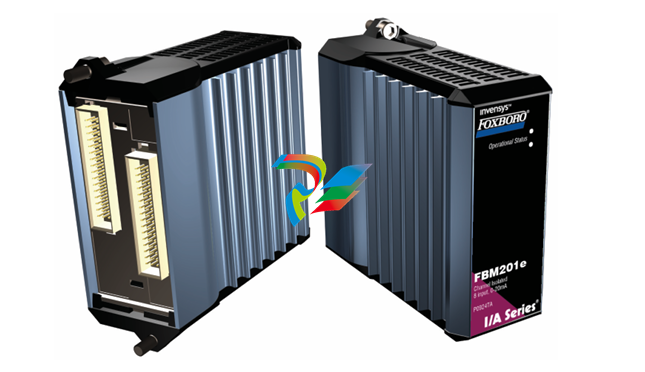
.jpg)
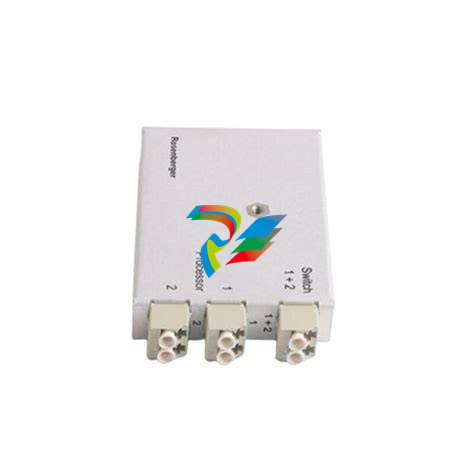
.jpg)
.jpg)
